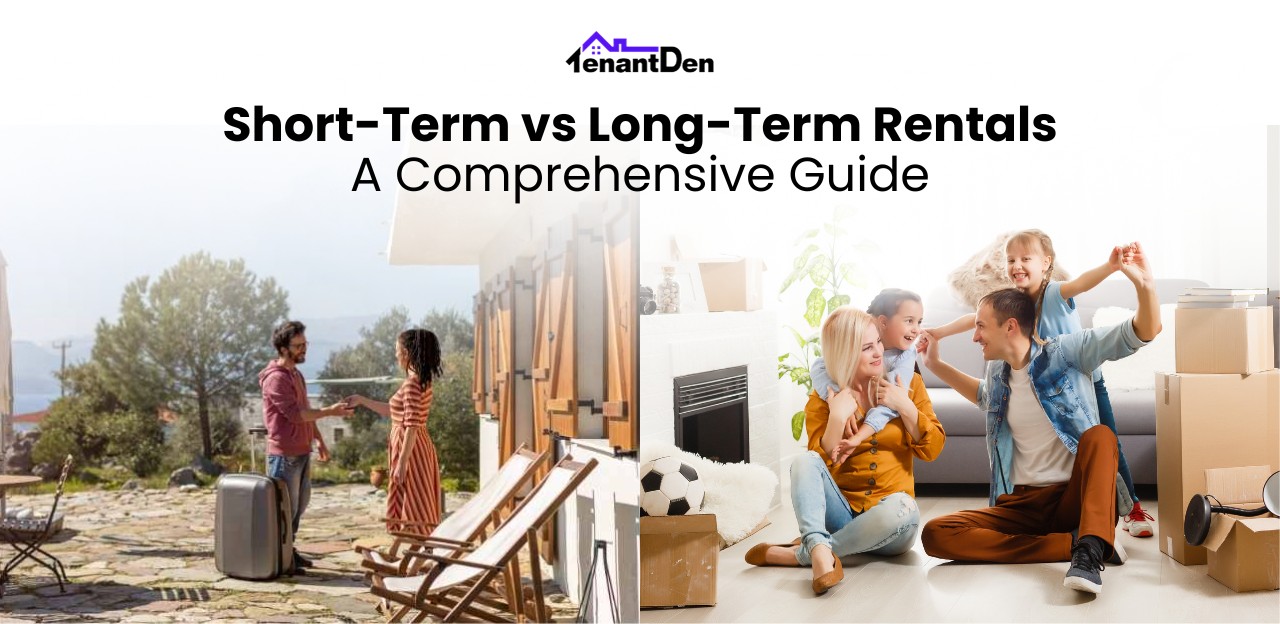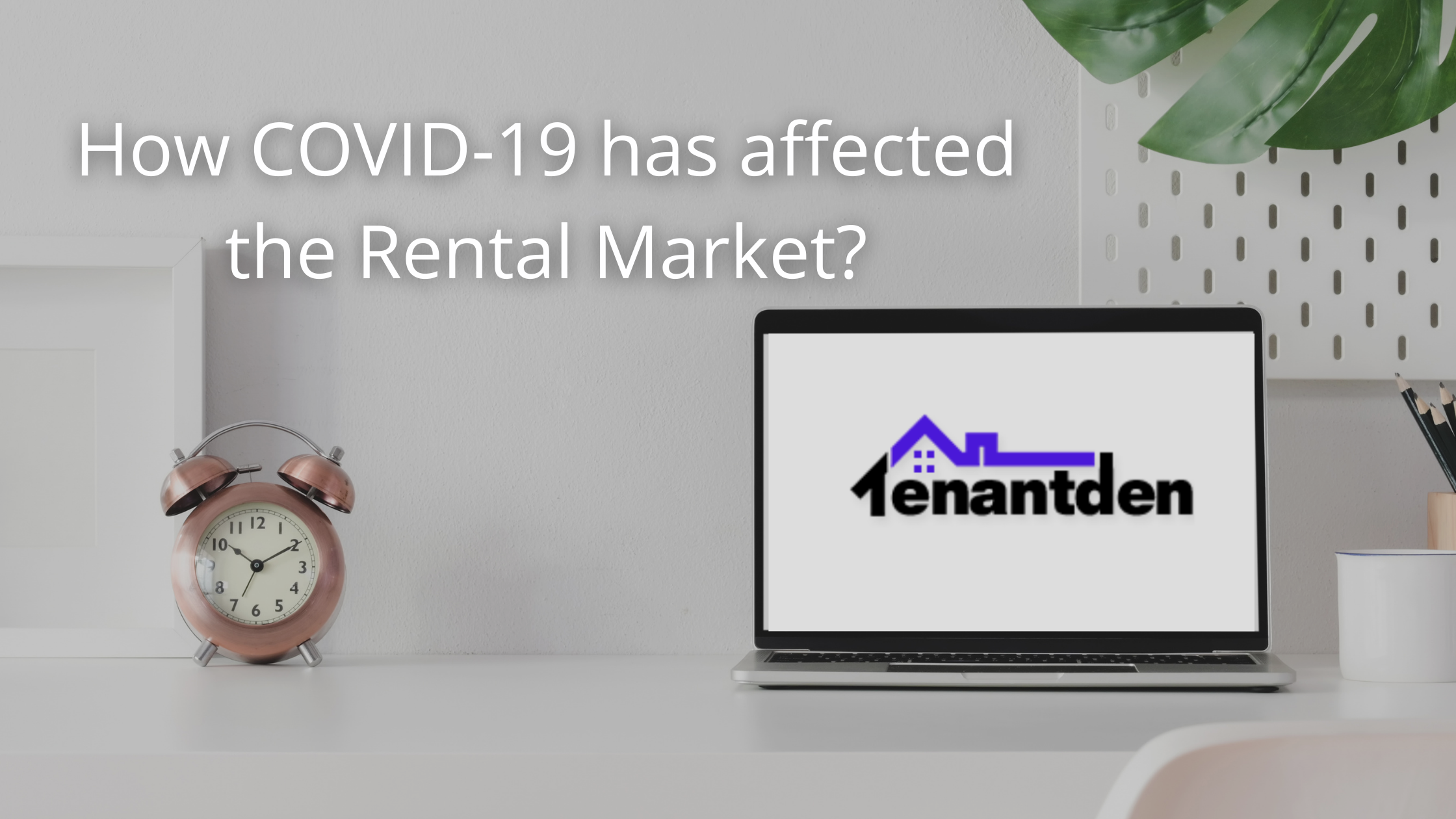
Short-Term vs Long-Term Rentals: A Comprehensive Guide
- 10/29/2025
Struggling to decide whether to rent your property short-term or long-term? Then you are not alone.
Many homeowners find it challenging to decide which model will bring profitable results with minimum hassle.
Long-term rentals offer stability but may not yield profitable results. Short-term rentals, on the contrary, can be profitable but require careful management. Moreover, both models operate in completely different ways.
Without proper understanding, it's obvious to make decisions that don’t align with your goals and location.
So, choosing the wrong rental strategy can lead to missed opportunities and management hassle. This is why we have created a comprehensive guide to help homeowners make the right choice between short-term and long-term rentals.
Understanding Long-Term Rentals
Long-term rentals are a traditional form of renting in which tenants lease a property for six months, a year, or longer. These rentals are intended for families, professionals, and students seeking a stable place to call home.
Tenants usually bring their furniture, personalize the space to their needs, and settle in for the long term while following the terms and conditions set by landlords.
For landlords, long-term rentals provide steady income and can be highly profitable when they have multiple properties.
Advantages of Long-Term Rentals:
- Steady Income: Landlords receive rent consistently each month, providing a constant, reliable income.
- Low Management Hassle: With tenants staying longer, maintenance and cleaning hassles are reduced for landlords, which ultimately lowers turnover rates.
- Tenant Stability: Long-term rentals often attract responsible tenants who maintain the property well for longer.
- Reduced Wear and Tear: With fewer tenant changes, less stress is applied to properties, ensuring minimal damage and good maintenance.
So, long-term rentals are ideal for landlords who want a steady income without constant day-to-day involvement.
Understanding Short-Term Rentals
Short-term rentals are properties rented for a short period, typically a few days or a few months. These properties are ideal for travelers, tourists, and temporary residents.
Unlike long-term rentals, short-term rentals are fully furnished, clean, and ready for immediate occupancy. This is why short-term rentals are more profitable than long-term leases.
Advantages of Short-Term Rentals:
- Higher Income Potential: Night rates are much higher compared to monthly rents, especially in tourist-heavy areas. This eventually becomes more profitable.
- Flexibility: Owners can use the properties for personal use when not rented, ultimately giving both convenience and profit.
- Dynamic Pricing: Landlords can easily adjust pricing based on demand, events, or seasonality to maximize earnings.
- Higher Bookings: With properties being fully furnished and comfortable, they can easily earn positive reviews and repeat bookings.
So, short-term rentals are ideal for homeowners who want to make a profitable income from their properties.
Short-Term Rental vs Long-Term Rental: Quick Comparison
Often, landlords neglect the differences between short-term rentals and long-term rentals, ultimately leading them to make the wrong decision. So, here’s the breakdown of key differences between short-term and long-term rentals.
Lease Duration
- Long-Term: 6 months to several years
- Short-Term: A few days or a few months
Income
- Long-Term: Steady and predictable
- Short-Term: Variable and often higher
Management Effort
- Long-Term: Low effort required
- Short-Term: High — includes cleaning, guest communication, and bookings
Flexibility
- Long-Term: Low flexibility
- Short-Term: High — can be used personally when vacant
Tenant Type
- Long-Term: Families, professionals, students
- Short-Term: Travelers, tourists, remote workers
Maintenance
- Long-Term: Routine upkeep
- Short-Term: Regular cleaning and inspections
What to Choose: Short-Term or Long-Term Rental?
It is always challenging for landlords to decide which rental option is better: short-term or long-term. However, choice always depends on your needs and preferences. Here’s how you can make the right choice.
- Opt for long-term rentals if you want a stable and consistent income.
- Short-term rentals work best if your property is in a high-demand area and you want higher profit potential.
And if you have multiple properties, it would be a smart move to use one property for a long-term lease while using the other for short-term rentals, which will earn you both stability and profits.
Final Say
Short-term and long-term rentals both involve renting property, but they operate in entirely different ways. Long-term rentals provide stability and consistency, while short-term rentals offer higher profits. Knowing the differences between the two helps you make a profound choice.
Whether you want to list your short-term rental or long-term rental, TenantDen becomes your trusted partner to list your properties with ease. We allow you to list a property absolutely free for an unlimited time.
Sign up now to list your property hassle-free.
Popular Posts


